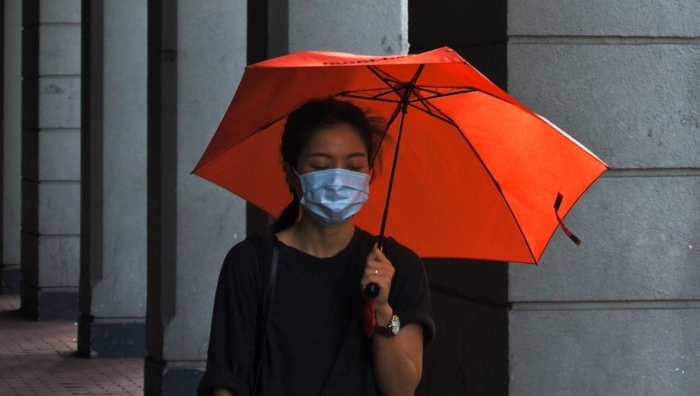Presbyterian group's new ethnic arm gives grants to serve minority families

The Presbyterian Church in America is known for its devotion to theology, but its Ethnos Coalition is applying that understanding to help people of color hit hard by the COVID-19 pandemic.
The group of leaders of the ethnically based ministries of PCA’s outreach arm, the Mission to North America, started its EC Relief Initiative as the virus first began taking its toll this spring. As of November’s first weekend, the coalition — just four months old when it launched the effort — had raised $109,000 to distribute to those in need.
“The Ethnos Relief grant allowed us to help with back rent for a hard-working Hispanic family we have been getting to know through our Bible Club at a local after-school program,” reported Astoria Church in New York state. “The father’s job in the restaurant industry ended shortly after the stay-at-home order went into effect in mid-March. These funds enabled the family to rebuild trust with their landlord. Our bilingual pastor has been able to forge a relationship with the family.”
Under the initiative, deacons at churches with people desiring assistance apply to Ethnos Coalition for a grant of up to $7,000. Once their application is approved, the coalition sends funds directly to those deacons to distribute.
“Our church has not had as many fundamental needs as some others from the pandemic, so our deacons were thrilled to send a good-sized check to support the Ethnos fund,” the Rev. Chris Sicks, senior pastor of Alexandria (Virginia) Presbyterian Church, told The Christian Post. “They had great confidence because the money went from our deacons to deacons at other PCA churches. It’s not like giving to the Red Cross. It’s giving from deacons to deacons through deacons.”
As of Oct. 1, PCA churches and church-sponsored relief groups in 13 states had received grants averaging $5,200, with the timing of the donations and grants working providentially thus far.
“It is the grace of liberality,” Ethnos Coalition Chairman Hernando Saenz told CP. “God is very generous, and His people respond to His grace by giving generously of themselves and their wealth.”
The initiative is modeled after Paul’s instructions to the church at Corinth as he raised funds for needy brethren in the congregation in Macedonia. “I do not mean that others should be eased and you burdened; but by an equality, that now at this time your abundance may supply their lack, that their abundance also may supply your lack – that there may be equality,” he wrote in 2 Corinthians 8:13-14.
The PCA has over 1,700 churches with approximately 335,000 members in the United States and Canada. As the second-largest Reformed denomination in the U.S., its most widely known leaders have been the late Revs. R.C. Sproul and D. James Kennedy.
This evangelical body holds to the inerrancy of Scripture, predestination in salvation, the baptism of infants, and representative government. A “session” made up of elders (presbyters) elected by the congregation governs the local church. Pastors and local church representatives combine with others in their region to form a presbytery, and all the presbyteries meet in an annual General Assembly.
The Ethnos Coalition Relief Initiative is not meant to be only a stop-gap measure. Guidelines state a church may apply for funds every three months, and grant money goes only to help those with previous net annual incomes of $35,000 or less or $48,000 for households larger than four. Coalition officials hope to eventually raise $700,000.
“One woman opened up about the need for more accessible mental healthcare, having recently experienced the loss of her son due to suicide,” stated Hope for the Inner City of East Chattanooga, Tennessee. “Another dear lady is trying to reenter the workforce after a long bout of depression due to her mother’s death and the loss of her job. Your funds have encouraged her that she does not have to shoulder these burdens alone.”




























